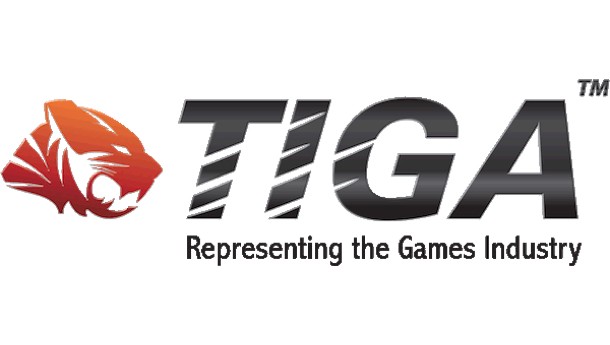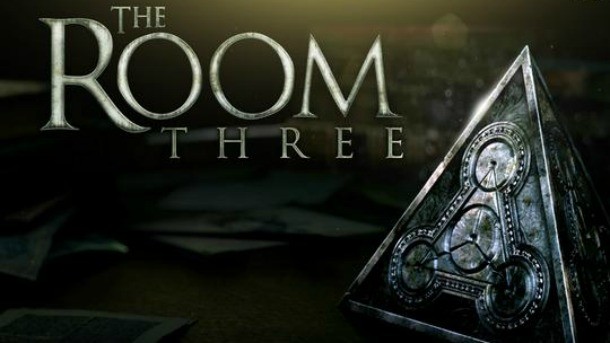Please support Game Informer. Print magazine subscriptions are less than $2 per issue
More UK Developers Comment On Vote To Leave European Union

It’s been an historic day in the United Kingdom, as residents have voiced their desire to leave the 28-member European Union. The impact of the “Brexit” vote will be felt in the UK and throughout Europe and the world, with no industry likely to be untouched.
Yesterday, we covered how this vote will likely impact the game industry. The story featured comments from developers Just Add Water and Mode7, as well as attorney Jas Purewal and trade organization Ukie.
More companies have shared their thoughts with us, which we are sharing with you below:

We are entering a period of uncertainty but the UK People voted and this has to be respected. Team17 are committed to continuing to develop our sustainable business with all of our partners around the world.
On a more local level, our hope is that all progress the industry has made thanks to the efforts of both TIGA and UKIE will remain in place (access to finance and favourable tax environment amongst many other things). As a creative industry, we rely on talented people, and talented people are spread around the world so we need to make sure we can continue to ensure our industry flourishes despite today’s referendum results. - Team17

TIGA, the network for video games developers and digital publishers and the trade association representing the video games industry, said today that in the light of the vote for ‘Brexit’ the UK Government and Parliament should take steps to ensure the continued success of sectors with economic potential, including the creative industries and the video games industry. TIGA made the comments following the EU referendum which took place on June 23rd 2016 and drawing upon expert information from Weightmans LLP and Grant Thornton LLP.
TIGA said that there were three key issues facing the video games industry following the EU referendum.
1. Access to finance: Difficulty accessing capital has consistently been the top factor holding back many games developers. In an uncertain economic environment, there may be a reduced appetite for investment. Additionally, outside of the EU, the UK games industry will not be able to access schemes such as Creative Europe and Horizon 2020 programmes. The UK Government should promote policies that encourage investment, maintain sector specific schemes such as the Video Games Prototype Fund and consider a Games Investment Fund to help start-ups and small businesses.
2. A favourable tax environment: Video Games Tax Relief and R & D Tax Relief have been crucial in enabling the UK video games industry to compete on a more level playing field against the UK’s international competitors, particularly Canada. In a post Brexit world it will be even more vital to maintain, improve and enhance these reliefs in order to attract external investment and to maintain the competitiveness of the sector.
3. Access to talent: the UK video games industry relies on a highly skilled workforce to compete. Until now, the industry has had access to a substantial pool of skilled EU workers who can work in the UK without serious administrative restrictions. Brexit is likely to result in new immigration rules requiring employers to secure some sort of visa and to meet certain skills/salary criteria in order to employ migrant workers. It is vital that any new arrangements are not onerous or complex and that industry is not heldback by skills shortages.
4. Intellectual Property: IP is the lifeblood of the video games industry and the impact of ‘Brexit’ here could be significant. There are many commercial considerations. For example, the UK is part of both the Registered Community Design regime and the EU Trade Mark regime and also recognises the Unregistered EU Design Right. Such rights provide protection to rights holders across the EU Member States. Potentially such EU related rights might lose their validity in the UK. The implication being that those parties who originally held such EU rights may need to apply for UK trade mark and design rights to protect their rights in the UK. This may result in issues relating to existing development and publishing arrangements, IP licenses and security over IP rights. - TIGA (Press Release)

The UK video games industry is a high technology sector that provides high skilled employment for over 30,000 people, including approximately 11,000 development staff and which contributes £1.1 billion to UK GDP. It is also export oriented, with at least 95 per cent of studios exporting.
Following the referendum in favour of ‘Brexit’, it will be more vital than ever to strengthen (and avoid harming) those sectors where the UK has a comparative competitive advantage: for example, aerospace, defence, high-value manufacturing and engineering, high technology industries, higher education, low carbon technology and the creative industries, including the video games sector.
For the video games industry, it is particularly important that policy makers ensure games companies have access to sufficient finance, benefit from Video Games Tax Relief and R&D Tax Relief, have clear and stable IP rights and can access highly skilled people from outside of the UK. Any new points based migration system must not be onerous or complicated, otherwise the industry’s growth could be held back. - Dr. Richard Wilson, CEO, TIGA

The UK video games development sector is an export focused industry that sells content all over the globe. We have a highly skilled workforce, a creative and growing studio population and a heritage of thirty years of success.
While uncertainty is unwelcome for business, the UK video games industry will remain strong, resilient and competitive. - Jason Kingsley, TIGA Chairman and Creative Director at Rebellion
The Bithell Podcast (Episode 26) is exclusively focused on the impact of the Brexit vote on the studio, human resources/access to talent, tax incentives, property values, revenue, and more. You can listen to the podcast, which includes Bithell Games founder Mike Bithell and chief operating officer Alexander Sliwinski.
UK video games industry needs unrestricted access to EU talent pool and market of 560 million people. So, goodbye to that. Thanks Brexit.
— Ian Livingstone (@ian_livingstone) June 26, 2016
Ian Livingstone is the co-founder of Games Workshop, the company behind the long-running Warhammer and Warhammer 40K franchises.

Everyone at Roll7 has been shocked to the core by this decision, however it’s far too early to understand the wide reaching ramifications for the studio. We are confident that for the next couple of years before we actually leave the EU, there won’t be anything too serious to contend with, but with recent remote EU hires, contracts from European publishers and other similar elements in the mix, it’s fair to say that we will be directly hit in one way or another by this decision – its just a case of our management team planning ahead and making the appropriate contingencies. - Simon Bennett, Director, Roll7

There are some obvious issues about this vote, such as that many EU citizens work in the UK games industry and this vote is now a huge worry for them and their employers. The legal status of those developers is genuinely unknown and they'll have to live in limbo, possibly for years. But the real problem with the vote is that nobody knew what would happen should the UK vote to leave. It really is uncharted territory now, turning away from 50 years of post-war planning and political collaboration across the continent.
Like it or not, the EU was a vision in these visionless times. To have a major western state turn away from it now, in the face of so many global problems, is just sad. No matter how they dress it up this feels like a backwards step.
To understand the move, what US people should know is that the UK establishment collaborated over decades to remove the EU from the view of voters almost entirely. As such, the UK population are probably among the least informed EU citizens in all Europe. Frankly, when the vote happened they became easy meat for a few very suspicious politicians. There may well be a lot of regret in the coming weeks and months ahead. - Barry Meade, Co-Founder, Fireproof Games

The decision to leave the EU brings uncertainty and hard times ahead for the country as a whole which could be a significant issue for the economy. As a tech start-up hub for Europe, the UK has been able to attract a strong talent pool of specialist engineers and creative talent that has helped us build a successful video game industry.
This uncertainty may not only affect this talent pool but also make it more difficult for UK developers to attain funding from European investors and funds to help build and market their games. - Paul Sulyok, CEO, Green Man Gaming
We will continue to update should more developers offer their thoughts on the Brexit vote.










